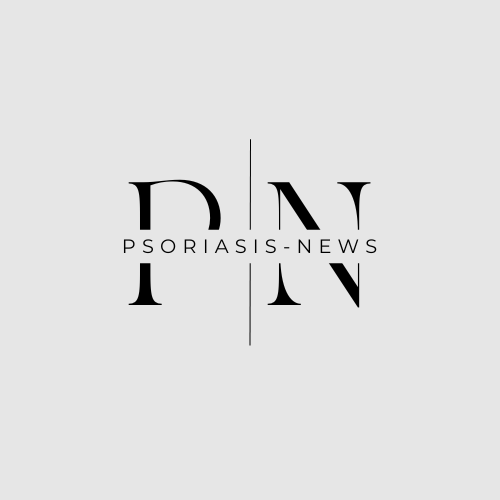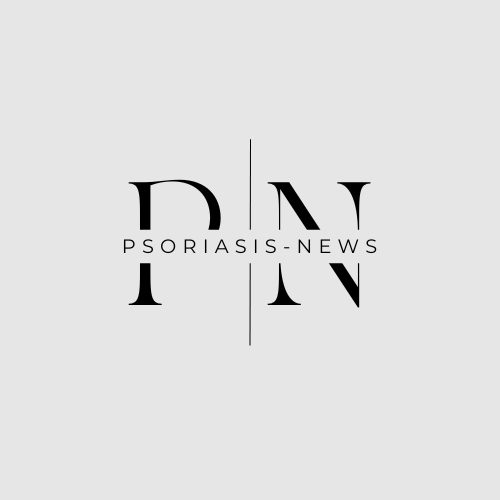Tob Induc Dis. 2024 Apr 11;22. doi: 10.18332/tid/184143. eCollection 2024.
ABSTRACT
INTRODUCTION: Smoking is an independent and modifiable risk factor for the onset and development of psoriasis; however, evidence on the association between tobacco smoking and psoriasis treatment efficacy is limited. This study aimed to explore the influence of smoking on treatment efficacy in a cohort of patients with psoriasis in Shanghai, China.
METHODS: Patients with psoriasis were recruited from the Shanghai Skin Disease Hospital between 2021 and 2022. The treatment for patients with psoriasis includes acitretin, methotrexate, narrow-band ultraviolet/benvitimod, and biologics. Data were collected using a structured questionnaire, physical examination, and disease severity estimation at baseline, week four, and week eight. The achievement of a ≥75% reduction in psoriasis area and severity index (PASI75) score from baseline to week 8 was set as the primary outcome for treatment efficacy estimation. Data were analyzed using SAS 9.4.
RESULTS: A total of 560 patients with psoriasis were enrolled in this study, who were predominantly males (72.9%). The average age of patients was 48.4 years, and 38.8% of them were current smokers, 5.0% of them were former smokers. The median score of PASI among patients changed from 11.1 (interquartile range, IQR: 7.9-16.6) at baseline to 6.2 at week 4 and 3.1 at week 8, and 13.8% and 47.3% of patients with psoriasis achieved PASI75 at weeks 4 and 8, respectively. Logistic regression indicated that patients without tobacco smoking had a higher proportion of PASI75 achievement at week 8. The adjusted odds ratio (AOR) was 11.43 (95% CI: 6.91-18.89), 14.14 (95% CI: 8.27-24.20), and 3.05 (95% CI: 1.20-7.76) for non-smokers compared with smokers, current smokers, and former smokers, respectively. Moreover, former smokers had higher PASI75 achievement than current smokers (AOR=3.37), and patients with younger smoking initiation age, longer smoking duration, and higher smoking intensity had lower PASI75 achievement.
CONCLUSIONS: Tobacco smoking was negatively associated with PASI75 achievement both in current and former smokers, and former smokers had higher PASI75 achievement than current smokers. The implementation of tobacco control measures is beneficial for improving treatment responses.
PMID:38605857 | PMC:PMC11007762 | DOI:10.18332/tid/184143

